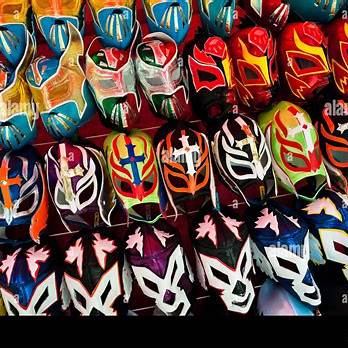
The lights dim. The crowd roars. Trumpets blare as a man in a glittering mask steps into the ring like a comic book hero come to life. He isn’t just a wrestler—he’s a warrior, a symbol, a living myth. Welcome to the world of Lucha Libre, where wrestling is not just a sport… it’s theater.
For more than a century, Lucha Libre has held a unique place in the heart of Mexican culture. It’s not just about body slams and flying kicks—it’s about storytelling. Heroes and villains. Justice and chaos. Identity and tradition. It’s Shakespeare in spandex.
The Mask: More Than Just Costume
The most iconic element of Lucha Libre is the mask, or máscara. Inspired by Aztec warriors, comic books, and Catholic saints, masks transform ordinary men into mythical beings. The moment a luchador dons a mask, he sheds his real identity and becomes someone else entirely—sometimes for life.
Losing a mask in the ring, known as a “Lucha de Apuestas”, is the ultimate humiliation. It’s not just a defeat, it’s an unmasking of the soul. Some luchadores go decades without revealing their true face.
The Arena as Stage
Attend a Lucha Libre match in Arena México or a small-town fair and you’ll find the same explosive energy: roaring fans, kids on the edge of their seats, vendors throwing popcorn, and the unmistakable chants of “¡Rudo! ¡Rudo!” or “¡Técnico!”
In the Lucha Libre universe, every wrestler falls into two roles: the técnico (hero) or the rudo (villain). It’s a morality play, told in suplexes and slams. The técnico fights fair and just. The rudo cheats, lies, and laughs maniacally. And the crowd plays along, booing or cheering with theatrical intensity.
More Than Men in Tights
Lucha Libre isn’t just for macho men. There are women’s matches (Lucha Femenil), exóticos (flamboyant, often cross-dressing luchadores), and even mini luchadores. All share the same reverence for drama, discipline, and showmanship.
Wrestlers train rigorously. Behind the flair is real athleticism—acrobatic flips, painful holds, and years of conditioning. But what separates Lucha Libre from other wrestling styles is that it doesn’t hide its theatrical heart—it embraces it.
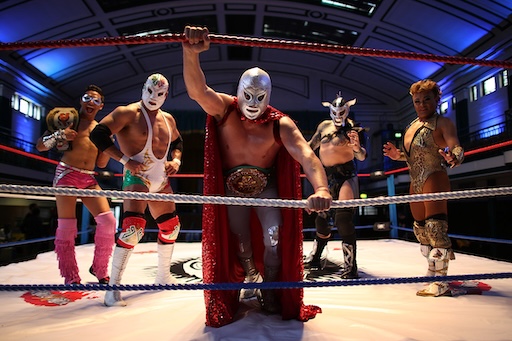
Pop Culture Icons & National Heroes
Figures like El Santo and Blue Demon transcended the ring to become national icons. El Santo, never seen without his silver mask, starred in dozens of films where he fought vampires, werewolves, and space aliens. When he passed away, his mask was buried with him.
In modern times, Lucha Libre imagery appears everywhere—from graffiti and murals to fashion runways and international art galleries. It’s no longer just entertainment—it’s cultural currency.
More Than Spectacle: Identity in Motion
Lucha Libre allows Mexicans to explore identity in a fluid, fantastical space. In a country shaped by colonization, revolution, and resistance, the masked hero reflects both indigenous roots and modern reinvention.
For many fans, it’s more than just a match—it’s emotional release, communal storytelling, and a deeply personal connection to heritage. It’s also deeply egalitarian: anyone can cheer, anyone can boo, and everyone matters in the drama.
Want to See It Yourself?
- Arena México (CDMX): The "Cathedral of Lucha Libre"—events every Friday night.
- Arena Coliseo: Older and smaller, but with rawer energy.
- Local Festivals: Many towns host open-air matches during fiestas—chaotic, fun, and up-close.
Wrestling with Wonder
In a world obsessed with authenticity, Lucha Libre flips the script. It’s unapologetically fake—but that doesn’t make it any less real. The emotions? Raw. The cheers? Deafening. The meaning? Personal.
So next time you hear that bell ring and see a masked figure leap into the ring—don’t ask if it’s real. Ask what it represents. And maybe, just maybe, you’ll find that under the mask… is a little bit of you too.
Share this story and inspire others.
Tags: Lucha Libre, Mexican Wrestling, Masked Wrestlers, Cultural Theater Mexico, Luchadores, Hidden Mexico, Chasing Hidden Wonder
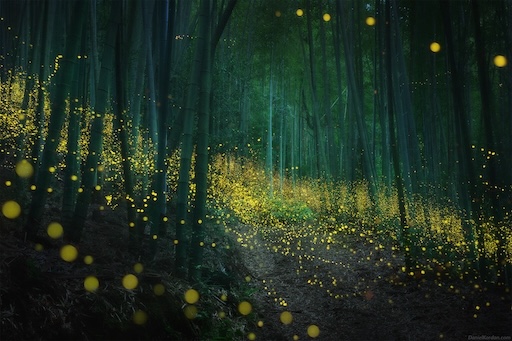 Firefly Phenomenon (Hotaru Season) – Magical Nights in Japan
Firefly Phenomenon (Hotaru Season) – Magical Nights in Japan
 Aokigahara Forest – The Magnetic Silence of Mount Fuji’s Lava Woods
Aokigahara Forest – The Magnetic Silence of Mount Fuji’s Lava Woods
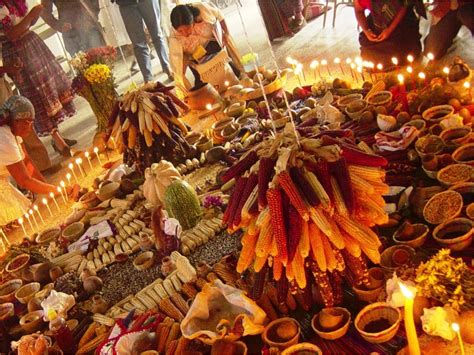 The Sacred Corn Festivals – When Maize Becomes a God
The Sacred Corn Festivals – When Maize Becomes a God
 Shirakawa Suigen – Kumamoto
Shirakawa Suigen – Kumamoto
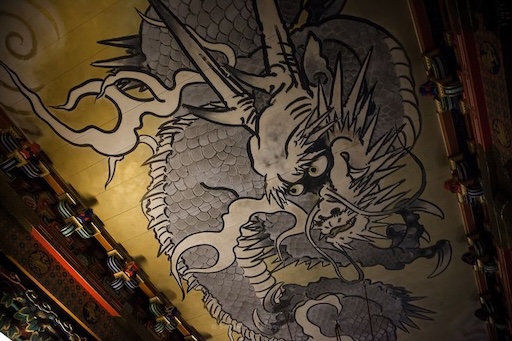 Nikko’s Crying Dragon – Tochigi
Nikko’s Crying Dragon – Tochigi
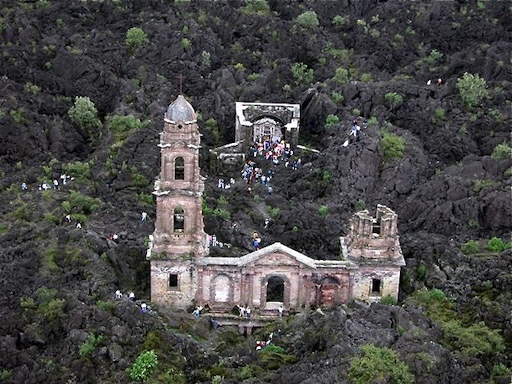 Paricutín Volcano – The Volcano That Was Born in a Cornfield
Paricutín Volcano – The Volcano That Was Born in a Cornfield
 Bioluminescent Firefly Squid (Hotaru Ika) – Toyama Bay
Bioluminescent Firefly Squid (Hotaru Ika) – Toyama Bay